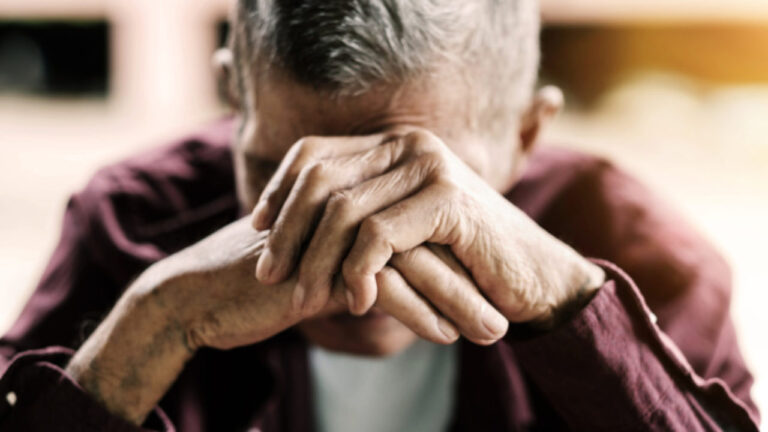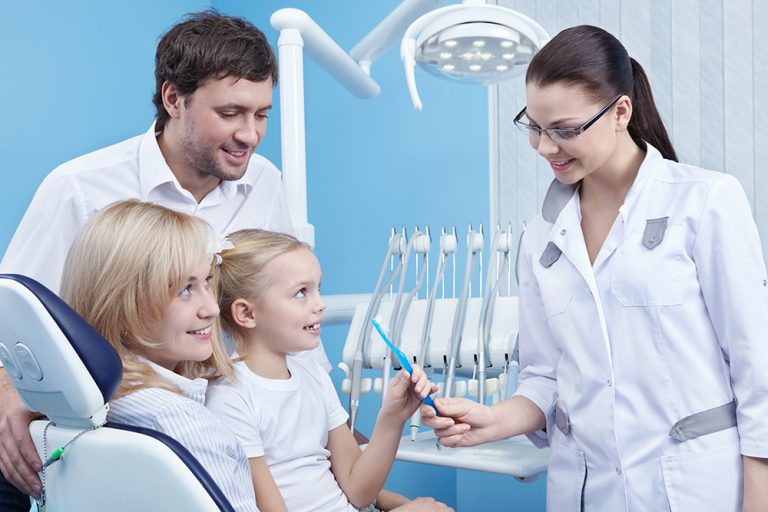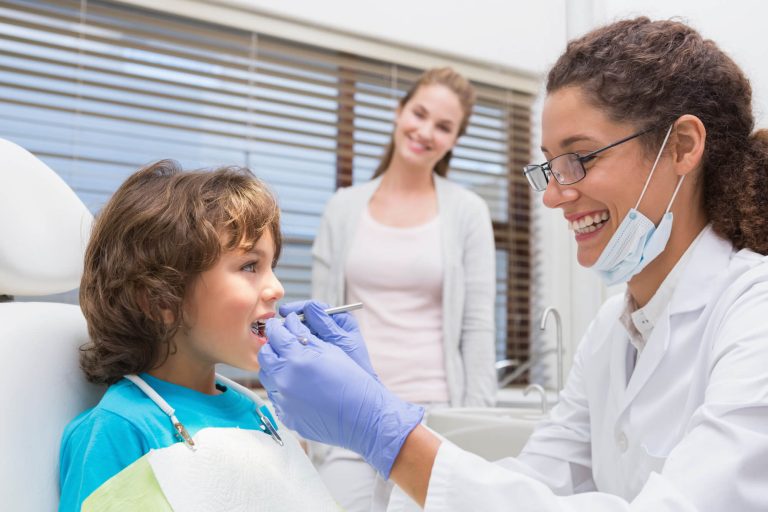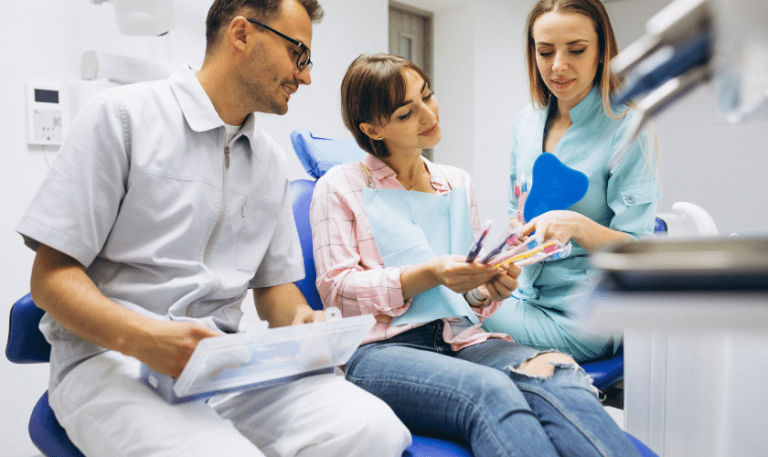
Cancer can be a mountain to climb. The road to recovery often seems exhausting. Once the initial treatment phase is over, many face another uphill struggle – rehabilitation. Here, oncologists play a pivotal role. They aren’t just the captains guiding you in the stormy sea of cancer treatment. As a part of your recovery crew, they assist in navigating the calm waters of rehabilitation. Sure, a radiation oncologist surprise may come in the form of a follow-up call or a sudden check-in. But remember, they’re there to help you regain strength, restore function, and renew spirit.
These medical professionals are like gardeners. They plant seeds of healing, nurture them, and help them grow. They know every patient is unique. So, they customize rehabilitation plans according to your needs.
What do these plans include? They focus on three key areas:
- Physical strength
- Emotional wellbeing
- Social confidence
Now, let’s dive deeper into each of these components.
Physical Strength
Physical rehabilitation is about rebuilding strength and endurance. It’s not about running a marathon or lifting heavy weights. It’s about getting you back to your daily tasks. Climbing stairs or carrying groceries are examples of these tasks. Oncologists work with therapists to guide this process.
Emotional Wellbeing
Cancer can shake your emotional balance. Oncologists understand this. They work with psychologists to help patients find emotional stability. This is about finding peace and joy again. It’s about rebuilding your mental strength.
Social Confidence
Oncologists also focus on your social health. They help you return to your social routines. This could mean going back to work or spending time with friends. They understand the value of a supportive community in healing.
Now, let’s look at a comparison. We’ll compare the recovery times with and without oncologist-guided rehabilitation. Here are some data from the National Cancer Institute.
| With Rehabilitation | Without Rehabilitation | |
| Physical Recovery | 3-6 months | 1-2 years |
| Emotional Recovery | 6-12 months | 2-5 years |
| Social Recovery | 1-2 years | 3-6 years |
As the table shows, oncologist-guided rehabilitation can speed up recovery. It can help patients get back to their normal lives sooner.
In conclusion, oncologists play a crucial role in cancer rehabilitation. They guide patients in their journey back to health. They are there to help patients regain their physical strength, emotional balance, and social confidence. With their support, cancer patients can climb the mountain of recovery and stand tall on the other side.






